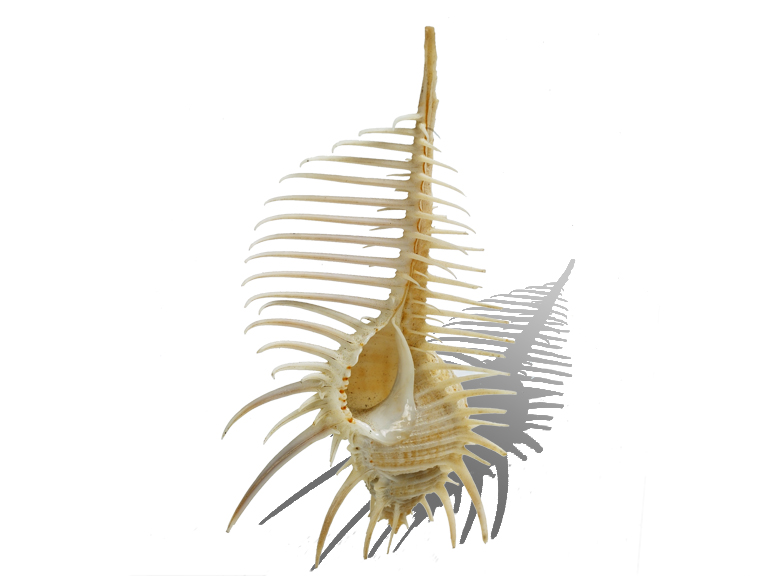Science Photo Library, the leading science imagery producers, have just released a series of chemistry explosions, filmed by one of the most sophisticated cameras available. Caesium and rubidium in water, nitrogen triiodide, exploding bubbles and molten iron… their latest shoot took in some of chemistry’s most thrilling reactions, and slowed them down so you can see them perfectly. Filmed in probably the most famous science lecture theatre in the world used by Faraday and Davy at the Royal Institution, with the aid of their experts, this reel shows off some of the highlights, and there is an amusing “behind the scenes” film showing how it was done and some of the bloopers. To produce these stunning shots Science Photo Library used a 2000 frames-per-second full HD Photron BC2 camera, which provides exceptional material and can capture events that only take a fraction of a second so they can be seen with clarity. The reactions are important and scientific in their own right, but also produce spectacular images and will be fascinating for audiences of all ages to watch.
Ben Jones, SPL’s Head of Motion, says, “We’ve been filming the bangs, pops and flames of classic experiments in science for several years now. In that time we’ve seen demand for our videos increase dramatically, with the migration of textbooks and teaching to electronic platforms, and we’re committed to meeting the needs of educators with accurate and engaging footage. The results are often spectacular but on this occasion they blew us away, and it was great fun filming them too.”
The footage is available for licensing, from leading scientific image makers, Science Photo Library, based in London. Their extensive collection includes both stills and motion material covering the world’s leading science, technology and medical imagery.
Website :https://www.sciencephoto.com
 Regard sur l’image
Regard sur l’image
